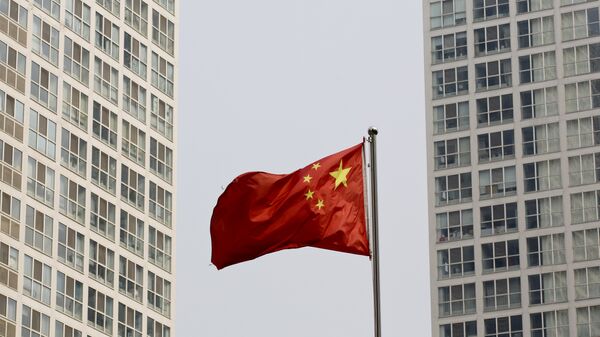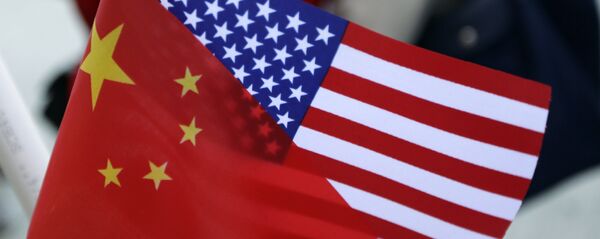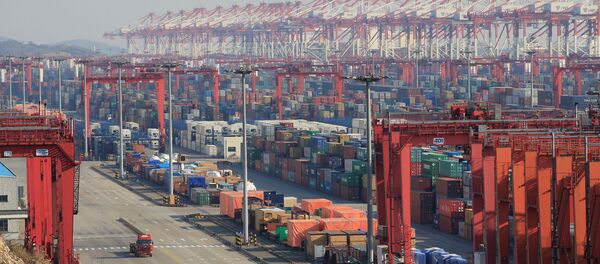Bi Jing — The revised deal covers more services sectors such as finance, postal, telecommunications, transport, e-commerce and the environment. It also allows for the mutual recognition of accreditation in the professions of accounting, architecture, engineering and law. Especially worth noting is that Mexico is pushing through sweeping reforms to its services sectors, for the first time opening its energy, telecommunications and financial services markets to foreign investors.
The upgraded deal also includes provisions cracking down on corruption in the public and private sectors, a rarity among the free trade agreements the EU has signed with non-EU countries. In addition, the new deal pays attention to sustainable development and highlights both sides' commitment to protecting the environment and respecting human rights.
With regard to government procurement, Mexico has for the first time opened its public procurement market to non-Mexican companies at the state level and allowed EU businesses to participate in the bidding for Mexico's public-private partnership contracts.
As for dispute resolution, the pact replaces the traditional investor-state dispute settlement mechanism with a new investment court system. This mechanism is considered fairer, more independent and transparent. On top of that, the two sides developed more substantial cooperation in areas including intellectual property, e-commerce, small and medium-sized enterprises and competition policy.
The revision has multiple implications for China's efforts to forge free trade deals. First, on the basis of open and fair trade principles, there could be attempts to add anti-corruption regulations and provisions on sustainable development such as environmental protection and labor policies to China's free trade agreements. This could elevate free trade pacts involving China to new levels, facilitating China's efforts to reshape global trade rules.
Such attempts could also be applied to the implementation of the China-proposed Belt and Road initiative, as corruption prevention and sustainable development bring security to the country's economic cooperation with countries and regions along the route of the initiative.
Second, China is now actively pushing to join the WTO's Government Procurement Agreement (GPA), but the bilateral and regional free trade pacts that the nation has signed have barely touched on government procurements. Therefore, it's necessary for China to consider including the issue with government procurements in bilateral trade negotiations it's working on, as finalizing multilateral pacts is more complex than concluding bilateral deals. This will be of great advantage to China's entry into the GPA under the WTO's framework.
Also noteworthy is that the upgrade in the EU-Mexico trade deal means Mexico will open its market and sectors wider to the EU while exporting more products to the EU, effectively reducing its dependence on trade with the US. Although it remains a big challenge for Mexico to pledge more openness while resolving its huge trade deficit with the EU, the upgraded deal is still considered timely for the country, whose efforts to renegotiate the North American Free Trade Agreement with the US and Canada have yet to conclude.
On the part of the EU, the upgrading lays a solid foundation for its ties with Mexico and shows the bloc's resolve to continue safeguarding global free trade and its confidence about reshaping global trade rules. The upgraded deal, which follows the EU's free trade agreements with Canada and Japan, is a good attempt against the US' unilateral push for trade protectionism.
This article originally appeared on the Global Times website





